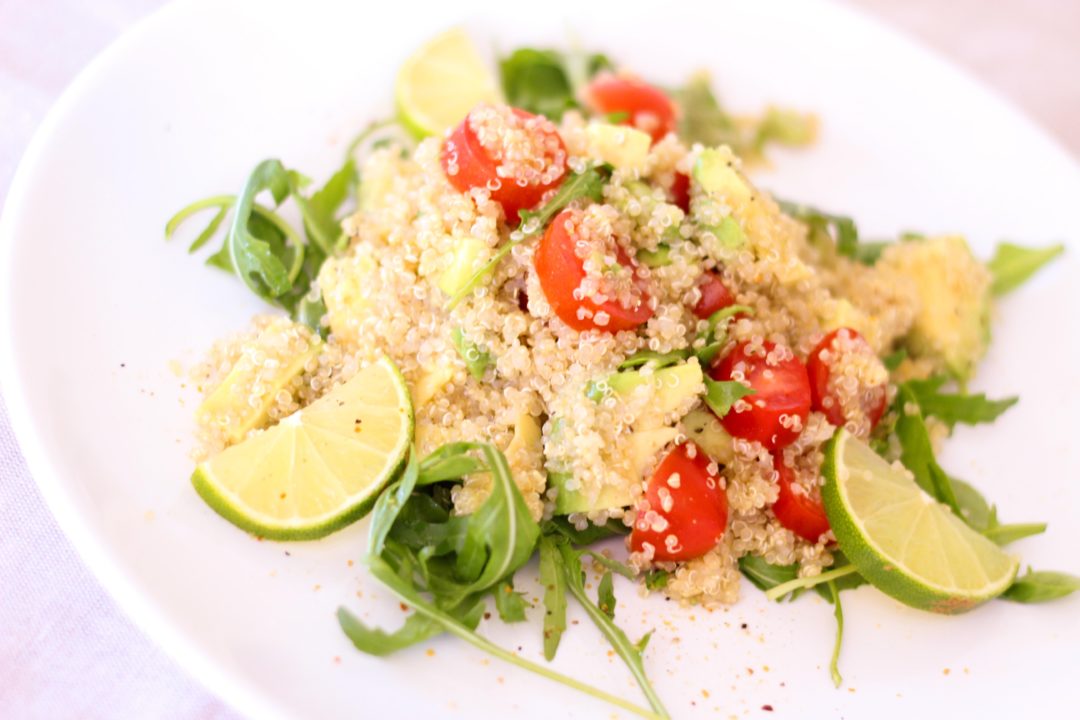Benefits of Protein
- Improves muscle recovery after workouts
- Boosts metabolism
- Provides a greater sense of fullness
- Can help build muscle mass
- Enhances immune system
Whether you’re gearing up for a big tournament or single-game matches, understanding the importance of protein can make a difference. Our diets need protein to help aid in muscle growth and speed up muscle recovery. Every athlete should want to compete at their maximum potential, and protein is a key nutrient to help athletes rebuild, repair, and recover.
Before we break down exactly what protein is, let’s define some common protein terminology.
Terms to know:
- Complete protein contains all nine essential amino acids
- Essential amino acids must be consumed in a diet because bodies can’t produce them on their own
- Biological value (BV) is the proportion of protein that is able to be absorbed into the body. The higher the BV, the better.
So, what is protein?
Protein consists of long chains of amino acid residues. These are the building blocks for muscle growth. Specifically, there are nine essential amino acids that need to be consumed in our diets because our bodies can’t produce them on their own. There are three branched-chain amino acids (BCAAs) that help with muscle-building: leucine, isoleucine and valine.
What are the different types of proteins?
- Casein proteins: a slow-releasing form of protein that provides the bloodstream with a slow, steady amount of protein that lasts in the system for hours. Casein proteins could be beneficial at night before bed for individuals who are trying to gain muscle mass. Sources:
- Yogurt
- Cheese
- Milk and other dairy products
- Whey proteins: Another component of milk protein. These are absorbed in the body quicker than casein and are often recommended for athletes trying to lose weight and/or to help gain muscle mass while losing fat mass. Sources:
- Yogurt
- Cheese
- Milk and other dairy products
- Animal proteins: These are complete proteins and the best to consume are lean, low-fat meats. Sources:
- Chicken, tuna, salmon, turkey and other lean meats
- Eggs are a great source of protein with a BV of 100.
- Plant proteins: Most plant proteins, such as beans, hummus, seeds and rice, are generally considered incomplete proteins because they’re lower in one or more essential amino acids. Complete plant proteins include:
- Quinoa (BV: 83)
- Soy (BV: 74)
Why is protein important for athletes and volleyball players?
When athletes work out, their muscles are engaged and torn. Protein helps rebuild the broken-down muscles and increase muscle mass, and it helps speed recovery. Consuming a moderate amount of protein post-workout or post-match will help decrease muscle soreness. During long-tournament days or when playing two days in a row, consuming protein will help you be better prepared for the next match. Don’t forget that consuming carbohydrates post-workout is also an important part of muscle recovery.
When and how much should an athlete be consuming?
It is important to consume protein at each meal throughout the day and when snacking. Spreading out protein consumption helps bodies process and use it better since there is a maximum threshold. At that point, excess protein is stored in our bodies as fat.
The ideal amount of protein that should be consumed throughout the day will vary on the individual and their specific strength goals. Generally, consuming 10-20 grams of protein immediately after a match will help reduce muscle soreness. Great options include chocolate milk, cottage cheese, string cheese, and beef jerky. Consult a registered dietitian nutritionist for a more individualized plan to help achieve your goals.
Sources:
Duyff, Roberta Larson. Academy of Nutrition and Dietetics complete food and nutrition guide. Boston, Houghton Mifflin Harcourt, 2017.
Thomas, D. Travis, et al. “Position of the Academy of Nutrition and Dietetics, Dietitians of Canada, and the American College of Sports Medicine: Nutrition and Athletic Performance.” Journal of the Academy of Nutrition and Dietetics, vol. 116, no. 3, 2016, pp. 501–528., doi:10.1016/j.jand.2015.12.006.

Leave a Reply